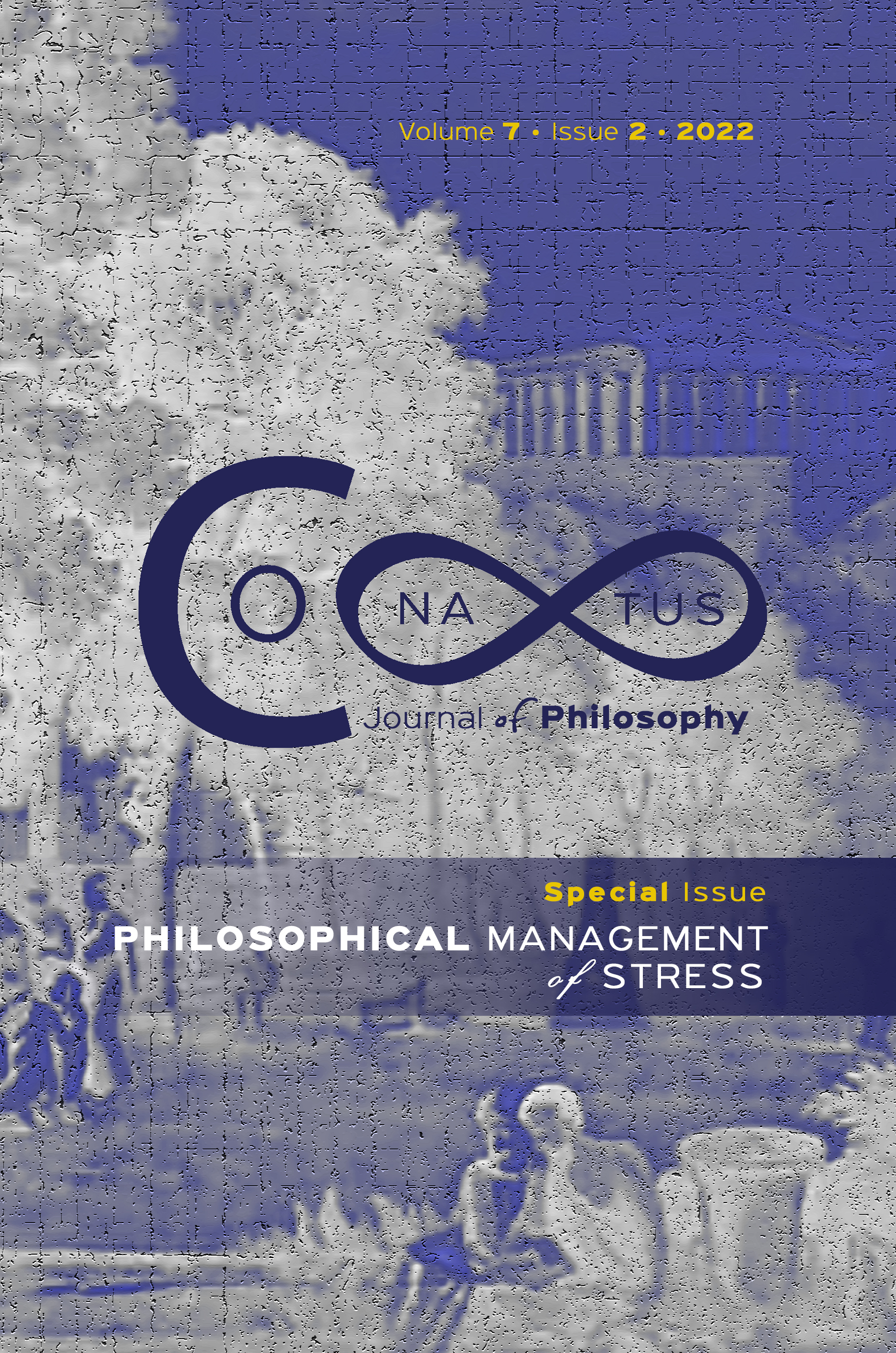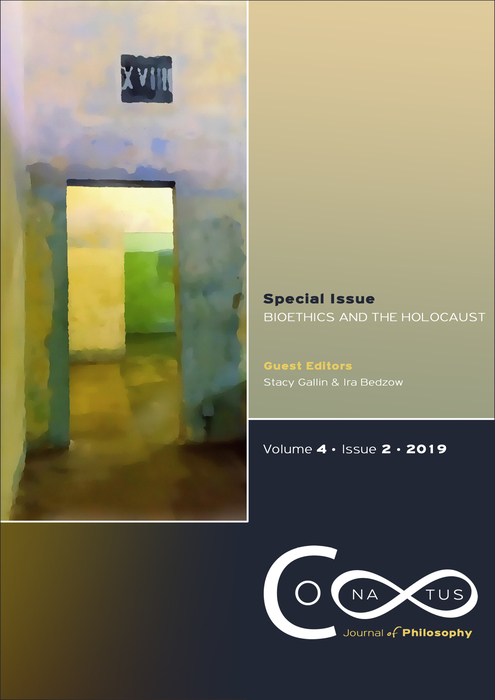Epicurean Stability (eustatheia): A Philosophical Approach of Stress Management

Abstract
Epicurus used an empirical and sensualistic approach to knowledge, creating a consistent, naturalistic, pragmatic and consequentialistic philosophy. The scientific observations of the last centuries have confirmed the basic principles of Epicurean physics, as well the psychotherapeutic approach of Epicurean ethics, which fits human nature. We know from the work “On Frank Criticism” of Epicurean philosopher Philodemus of Gadara, that the teaching methodology of Epicureans included psychoeducational counseling through therapeutic criticism based on friendly freedom of speech and aiming at τῆς ψυχῆς θεραπείαν (psychotherapy) and at knowledge of maintaining mental health and well-being. The Epicureans called εὐστάθεια (eustatheia, “stability”) the psychosomatic balance (τὸ τῆς σαρκὸς καὶ ψυχῆς εὐσταθὲς κατάστημα), which today we call homeostasis (ὁμοιόστασις), and considered it the basis of true happiness. They recognized empirically the stress that disturbed psychosomatic homeostasis as an agitation of the psyche or a painful feeling of the body and used a number of mental and affective techniques (including the tetrapharmakos) to manage stress at its onset, so that it does not evolve into the particularly troublesome conditions of anxiety and/or depression, which may become chronic psychosomatic disorders with significant social consequences. The article discusses the relation of the main ethical teachings of Epicurus with the biological basis of human brain functions and with the management of stress by cognitive and behavioral psychotherapy.
Article Details
- How to Cite
-
Yapijakis, C., & Chrousos, G. P. (2022). Epicurean Stability (eustatheia): A Philosophical Approach of Stress Management. Conatus - Journal of Philosophy, 7(2), 173–190. https://doi.org/10.12681/cjp.31769
- Section
- Articles

This work is licensed under a Creative Commons Attribution-NonCommercial 4.0 International License.
Authors who publish with this journal agree to the following terms:
Authors retain copyright and grant the journal right of first publication with the work simultaneously licensed under a Creative Commons Attribution Non-Commercial International License (CC BY-NC 4.0) that allows others to share the work with an acknowledgement of the work's authorship and initial publication in this journal.
Authors are able to enter into separate, additional contractual arrangements for the non-exclusive distribution of the journal's published version of the work (e.g. post it to an institutional repository or publish it in a book), with an acknowledgement of its initial publication in this journal.
Authors are permitted and encouraged to post their work online (preferably in institutional repositories or on their website) prior to and during the submission process, as it can lead to productive exchanges, as well as earlier and greater citation of published work.






